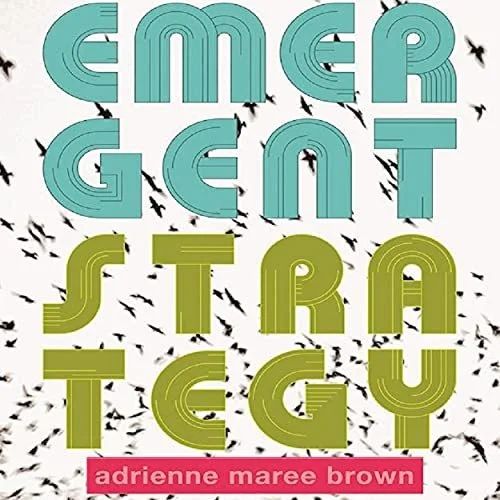Inquiry Inventory - 04/06/22
Here at The Human School, a big part of what brought us together is a deep love of reading and learning. We commit, as part of our learning journey, to sharing our week’s reading with you and what influences our thinking and learning.
Each week, you will see a post with what we’re reading, a quote, and an insight from that reading that leads us to deeper thinking.
To learn more about what we are reading, please take a look at our Connection Catalog.
Having Our Cake and Eating It Too by David Cook, Director of Innovative Learning at Kentucky’s Department of Education
“You CANNOT have your cake and eat it too. You must choose between a genuine and substantive equity facing, learner-centered system that puts its effort and money where its mouth is OR a system that is designed to create widgets, fraught with inequity born of its preference to measure all learners the same while giving lip service to acknowledging every learner is unique.”
This recent article published on the Getting Smart site, resonated with me. Unlike most choices in life, this one is pretty black and white. There is no middle ground. There is no compromise.
Which will you choose? Why is that choice important to you? What are you willing to do to make that choice our living reality?
—Randy
Get Weird by CJ Casciotta
“There has been a tremendous emphasis on all things related to ‘story’ in our society, hoping that by doing so, you’ll help them tell theirs. Social media encourages us to share our stories, giving the entire world an opportunity to like and react to them at the push of a button. Creative services on their surface all seem to aim at helping clients tell a compelling story. This is all well and good, but it’s all happening in correlation with a culture that’s constantly disappointed, anxious, obsessive, and discontented. Perhaps this is because we’ve made story the be-all and end-all when its intended purpose is to serve as a beginning.”
Oftentimes we think of stories as an end, a way to understand and then draw a conclusion from that story. We close the book, take a breath, and move on to something else. However, for us and for CJ Casciotta, stories are beginnings. They are ways to understand one another, our experiences and contexts, but they are a starting point not an end point. They should be a place we begin the conversations, begin the transformations, begin the relationships we desire.
How might you leverage stories as an opening, a beginning, with students? Colleagues? Administrators? And how might those stories act as a beginning for your co-created vision?
—Rachel
Emergent Strategy by Adrienne Maree Brown
“It is so important that we fight for the future, get into the game, get dirty, get experimental. How do we create and proliferate a compelling vision of economies and ecologies that center humans and the natural world over the accumulation of material? We embody. We learn. We release the idea of failure, because it’s all data. But first we imagine.”
There are many ways that Emergent Strategy connects to the work of transforming schools and design more modern classrooms. Emergent strategy is about creating the conditions for humans to be humans, to iterate, to develop, and grow.
How can we leverage the concept of emergence in designing more human centered design?
—Chad



